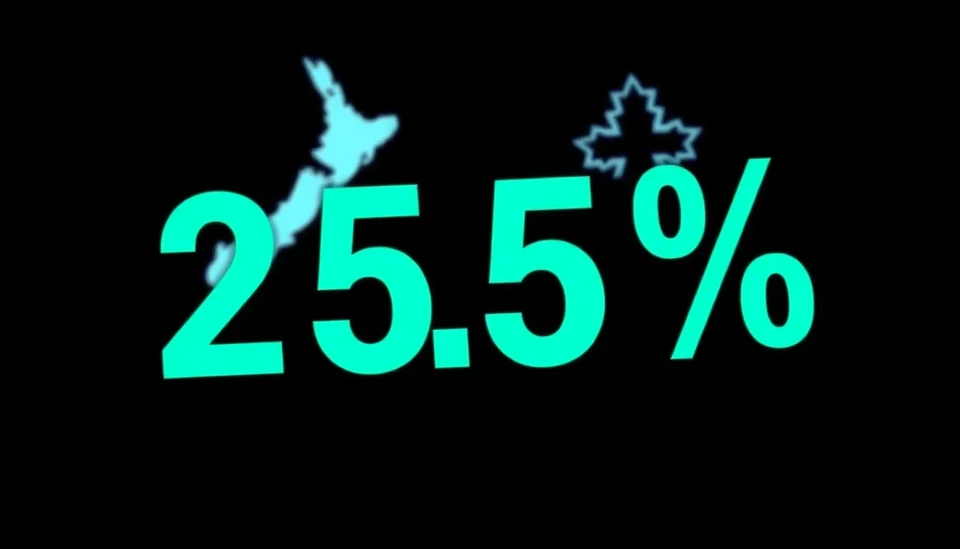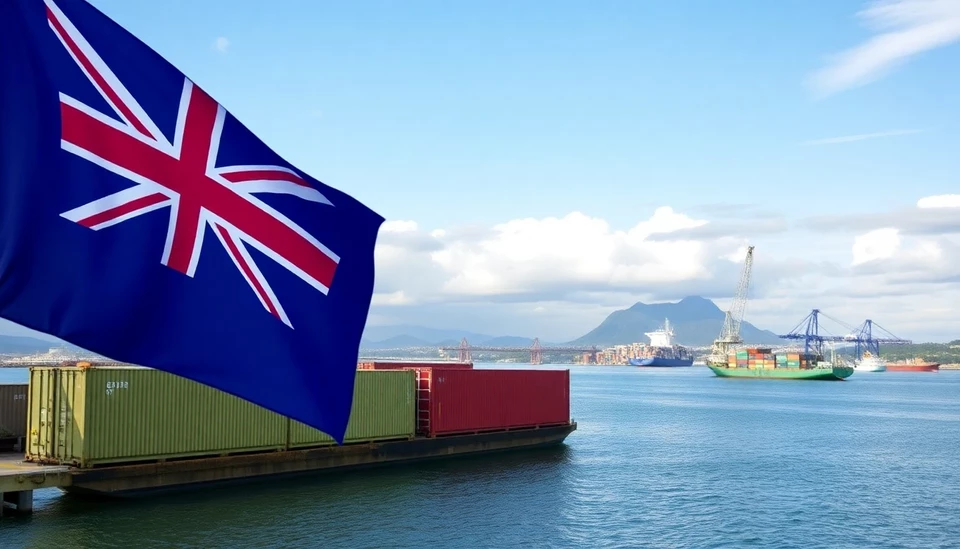
New Zealand is witnessing a notable shift in its immigration landscape as the growth rate of net immigration has begun to slow down significantly. Reports indicate that this change is partly due to an increasing number of New Zealanders choosing to live and work overseas, spurred by various factors including career prospects and the pursuit of a different lifestyle.
According to the latest statistics released by the New Zealand government, the net migration rate has dropped to a three-year low, reflecting an ongoing trend that has raised concerns among policymakers. This decline comes even as New Zealand has been attracting immigrants from other countries, suggesting a complex dynamic at play in the nation's demographic trends.
As many Kiwis embark on journeys abroad, destinations such as Australia and the United Kingdom are seeing a rise in the number of expatriates from New Zealand. Factors contributing to this trend include better job opportunities, competitive salaries, and the allure of enhanced living conditions in these countries.
Moreover, the post-pandemic recovery has influenced the migration decisions, as many New Zealanders reevaluate what they want from their personal and professional lives. High housing costs, while an ongoing issue back home, have further driven this trend, with many seeking more affordable living arrangements abroad.
Demographers are closely monitoring these developments, as a sustained drop in net immigration could have a profound impact on New Zealand's economy and population structure. The implications of these demographic shifts could affect everything from labor markets to housing demands and social services in the coming years.
In response to these changes, the New Zealand government may need to reassess its immigration policies to ensure a balanced and robust population growth moving forward. This might include incentives that attract and retain skilled workers while also addressing the concerns of those already in the country about the cost of living and employment opportunities.
The situation is evolving, and stakeholders in both public and private sectors will be keenly observing the trends in migration patterns as they unfold. As Kiwis continue to explore opportunities beyond their shores, the challenge remains for New Zealand to adapt its policies and initiatives to retain its citizens while still welcoming newcomers from abroad.
In summary, New Zealand is at a crossroads with its immigration trends, grappling with the dual challenge of managing net immigration rates while also responding to the aspirations of its citizens. The government and policymakers will play a central role in shaping the future of migration in New Zealand as they seek to balance these competing interests.
#NewZealand #Immigration #MigrationTrends #KiwisAbroad #JobOpportunities #Economy #Demographics
Author: Laura Mitchell




